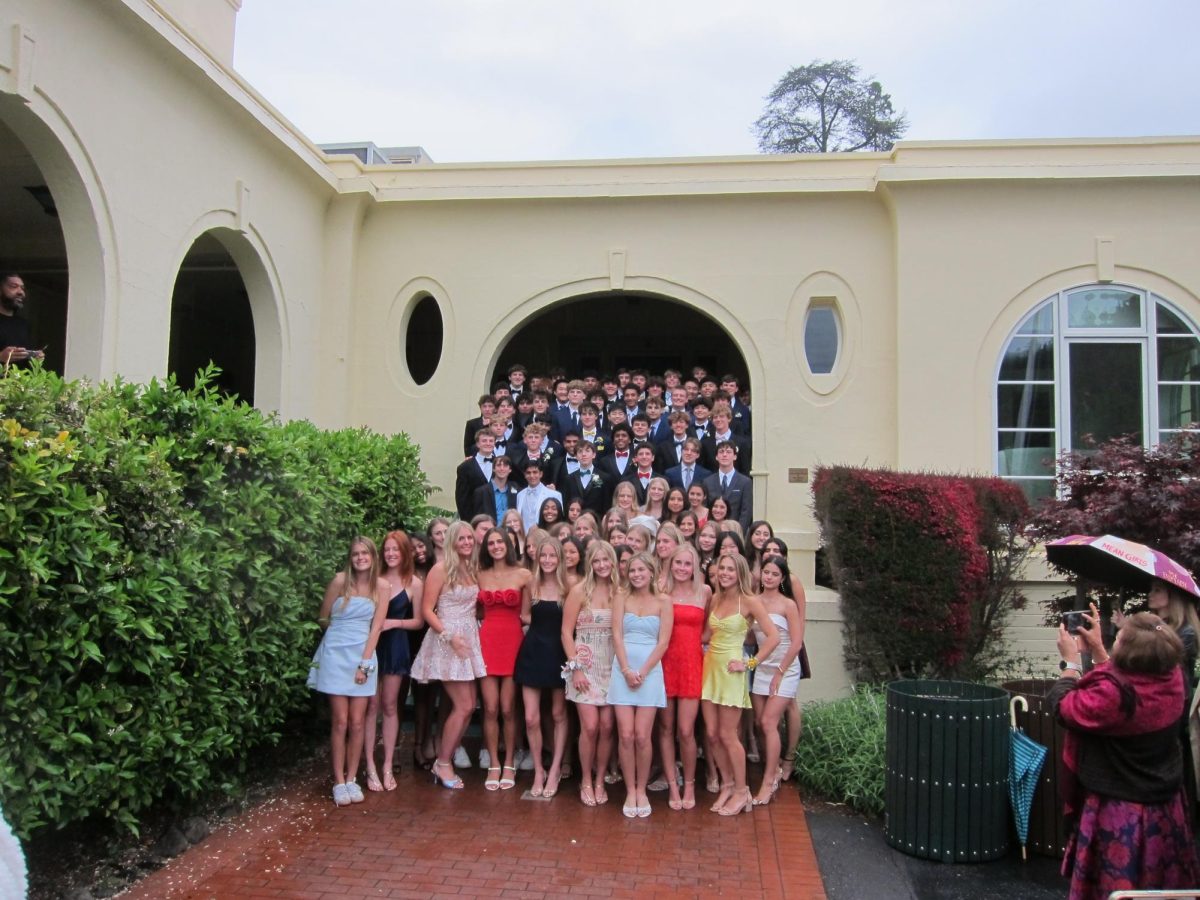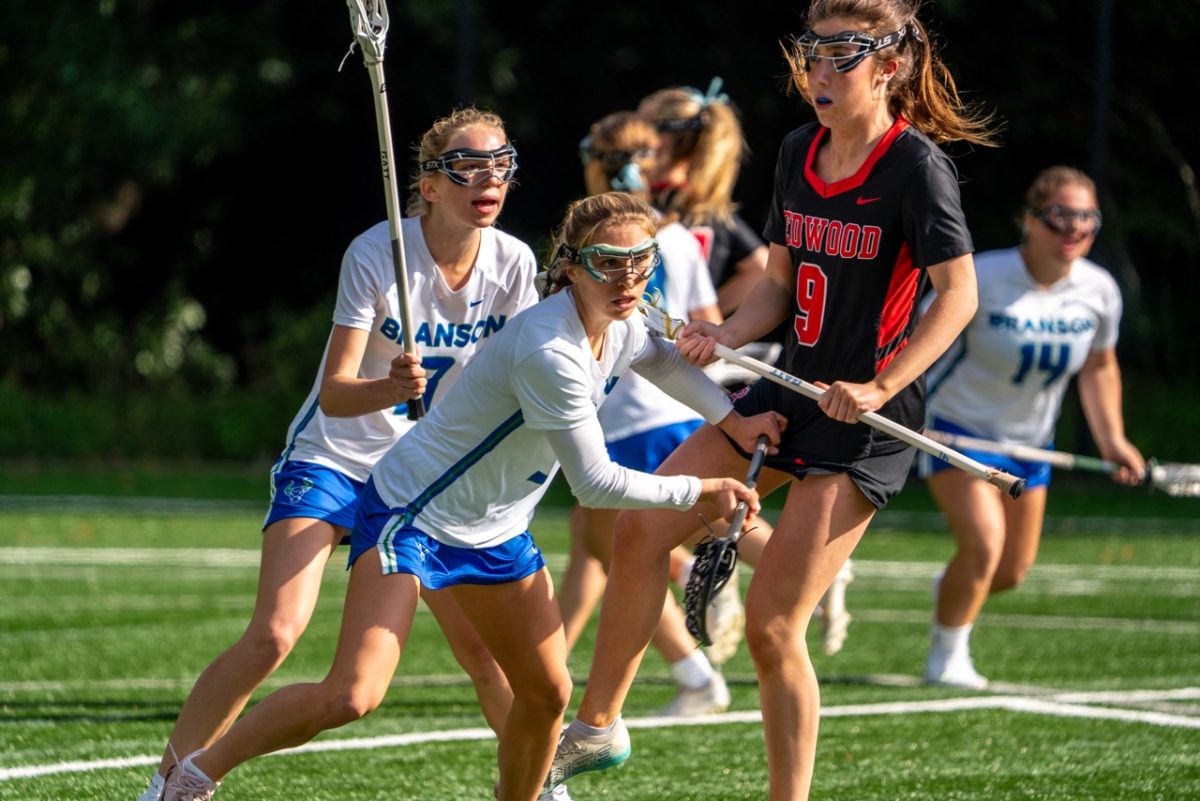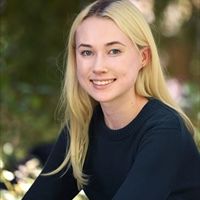The peer tutoring program is returning this spring semester with two main objectives: destigmatizing asking for help and creating opportunities for students to connect across grade levels.
Student leaders Karis Crabill ‘25, Sabine Fuchs ‘25, Hannah Hodges ‘24 and Ginger Oldmixon ‘25 hope to make peer tutoring a casual and accessible avenue for students to receive help.
“One of the main things that we’ve decided to change about the peer tutoring program is the program’s place in the community,” said Fuchs. “We want to make it a more prominent part of the culture.”
As part of their mission, the leaders have been meeting and working to create a program that more students will take advantage of, according to Annie Morris, Branson’s learning support coordinator at the Rand Center.
“It’s kind of evolving right now,” she said. “We have four great student leaders who are really working on the program and trying to figure out what’s best for students.”
One of the key differences this year was the implementation of training for peer tutors, led by each department’s faculty.
The program has historically been student-led, but Morris got involved this year as part of the program’s objective of expanding its role on campus.
“Jeff Symonds asked me to help out, as he’d been discussing with the department chairs, trying to make some changes,” she said.
Fuchs listed several developments and additional ideas for the program’s design.
“We’ve worked a lot on expanding how many peer tutors we have and making it easier to ask for help,” she said. “We want to really talk with teachers to make sure that they are recommending it as a program, even if you just need help with a homework assignment.”
She added, “We want it to be a place to touch base, to get feedback and to learn from other students.”
Many of Fuchs’s hopes for the program are informed by her experiences at her former high school.
“I was a transfer my sophomore year,” she said. “In my freshman year, I was at a boarding school that had a really impactful peer tutoring program. Being a freshman and having that place to go to to meet upperclassmen created a community for me of people that were there to support me, that eventually became my friends — I am so thankful for that. So when I came to Branson, I knew I wanted to become a peer tutor, but I also noticed that it seemed pretty stigmatized to ask for help.”
To an extent, Fuchs suspects, the climate at Branson discourages students from asking for help when they need it.
“People at Branson feel a lot of pressure to excel academically,” said Fuchs, “but the two can go hand-in-hand: ask for help and be great in school. They kind of need to coexist.”
In addition to reducing the stigma, Fuchs explained that the peer tutoring program will also open a space for students to connect across grade levels.
“We want it not to be stigmatized to ask for help so that we can create a better community — between different grades — to help people become more comfortable asking for help when they need it.”
As for the technical side of the program, the leaders intend to create an online form for students to quickly and easily request tutors to meet with during shared free blocks. Teachers will now also recommend students for the program in order to make the process smoother and less stigmatized.
“We’re going to encourage the faculty to encourage students to reach out for peer tutors,” said Morris. “Basically, we have a big bank of all of the students, all of our peer tutors, the subjects they’re going to tutor and when their free block is. Our leaders are currently matching up any students who request a tutor with the tutors.”
The program is already up and running with students currently being paired with tutors, but it will be “more widely publicized within the next couple of weeks,” said Morris.
A few Branson students will also be working this spring on developing a peer tutoring app to be rolled out for the next school year. But for now, the peer tutoring program is expected to return this school year with a more relaxed and effective system for students to ask for help and feedback.
“If anyone’s reading this and is potentially struggling, it doesn’t need to be a lot, it can just be a space to hang out with people and meet someone new,” said Fuchs. “I’m excited.”



